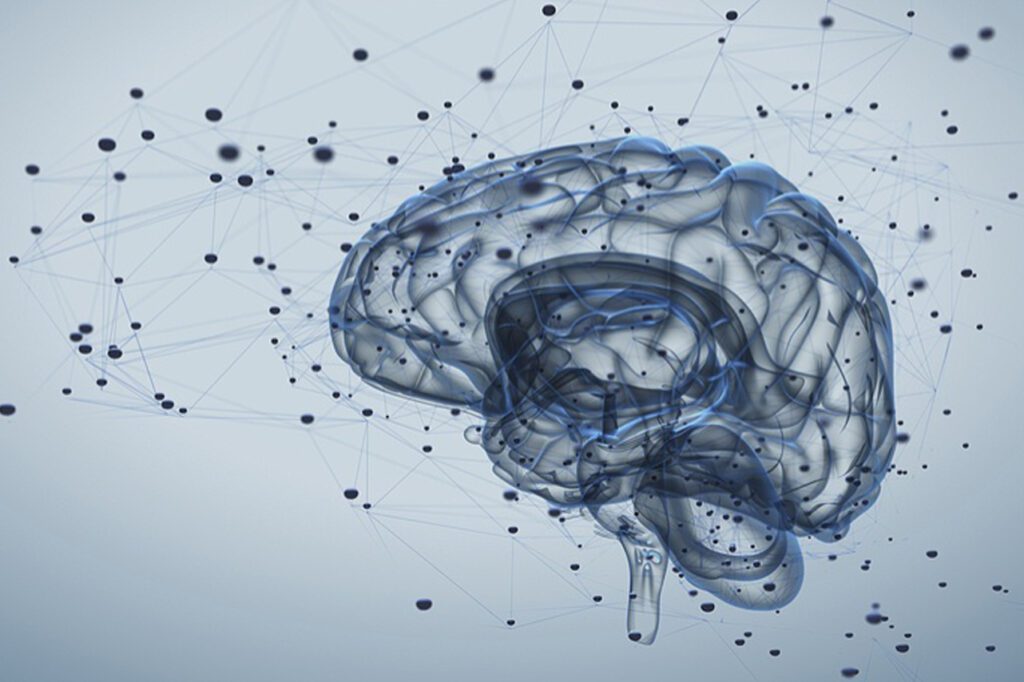
Everyday decisions we make frequently look irrational when we look at them more closely.
Why, even though we know better, do we constantly fall back into the same patterns, put off important tasks, or indulge in extravagant purchases?
Behavioral economics, a fascinating field that studies the motivations behind human behavior that are often hidden, holds the key to the solution.
Renowned behavioral economist Daniel Ariely clarifies these confusing fact in his book, “Predictably Irrational”.
He encourages readers to examine the peculiarities and biases that influence our decision making processes through a series of real life examples.
This book has as one of its main themes the idea of irrationality in decision-making. In contrast to conventional economic theories, which hold that people always make rational decisions in order to maximize their utility, He contends that social, emotional, and cognitive biases frequently affect our decisions.
Consider the “anchoring” fact, in which people base a lot of their decisions on the information they learn from the outset.
In experiments, he showed this effect by showing that arbitrary reference points have a significant impact on participants’ willingness to pay for goods.
The book also addresses the “endowment effect,” a fascinating idea that describes our propensity to overvalue possessions just because we have them.
People attach sentimental value to their belongings, which makes them demand higher prices when selling than they would be willing to pay when purchasing the same item, as demonstrated by his experiments.
Additionally, He shed light on the relationship that exists between financial incentives and societal norms. He illustrates situations in which people act differently from conventional economic forecasts because of moral or social pressures.
People’s willingness to donate their time for a cause, for instance, even in the face of financial gain, illustrates the nuanced motivations underlying human behavior.
“In addition to providing useful insights, this book explains how individuals can make better decisions in many facets of their lives by being aware of these irrational tendencies.
We can make better financial decisions, be more productive, and develop healthier habits by being aware of our cognitive biases and putting strategies in place to offset them.
In summary, “Predictably Irrational” offers an insightful examination of the intriguing ways in which human behavior defies expectations based on reason.
Regardless of your interest in psychology, economics, or just why people do what they do, this book will undoubtedly offer insightful information that will stick with you long after the last page is turned.
Whether you’re interested in economics, psychology, or simply curious about why we do what we do, this book is sure to provide valuable insights that will resonate long after you turn the final page.